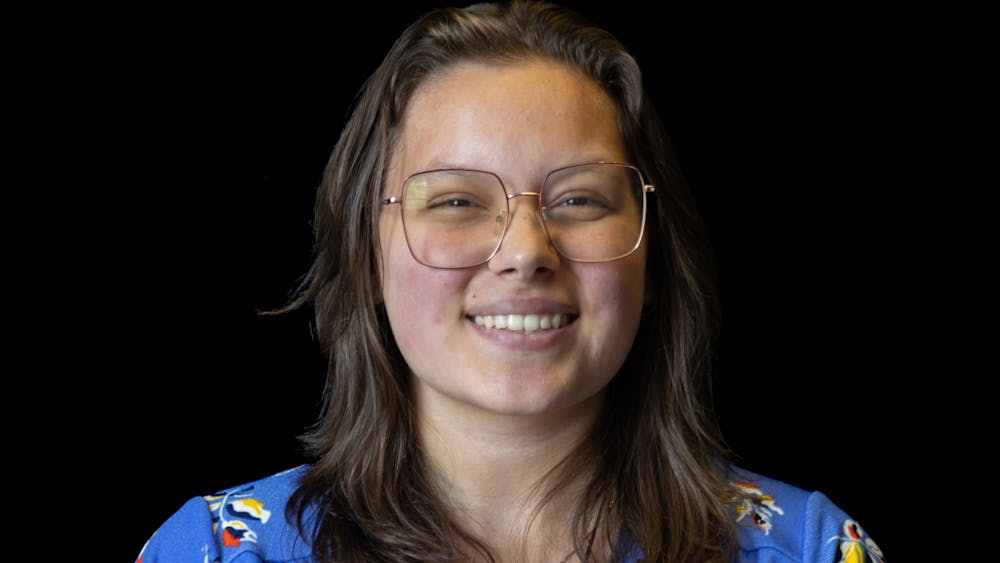Engineering program grows to capacity
New figures regarding the number of on-campus students taking courses in the school of engineering and technology show that their numbers have drastically increased to the point of the school's capacity.
"(The school is) putting a plan together that will make sure that any further growth is matched with resources that will guarantee all of our graduates, as well as the targeted number of graduates, can maintain the quality of our programs," said Mohamad Qatu, chair of the school of engineering and technology.
According to enrollment reports from the registrar's office, undergraduate on-campus registration in the school of engineering has risen 30 percent since the fall 2010 semester. Individuals taking undergraduate classes account for a majority of this growth; their 87-percent increase helps to make up for the 8.9 percent decline in industrial and engineering technology courses taught since that time.
Qatu said in three years the number of students with engineering majors has doubled. However, the current rate of growth is unsustainable without making accommodations.
To compensate, three tenure track positions and a fixed-term faculty position will be added by fall 2015. This is a sizable addition to the small 25-member staff.
The search has already begun for the four positions. Qatu said he has also received a commitment from the administration to give additional fixed-term positions in the future, if necessary.
There are also plans to add a Master's of Science and Engineering degree that focuses on research, also scheduled to start in fall of 2015.
Despite the overall decrease in industrial and engineering technology
Students who would likely have been sophomores in 2010 account for an astonishing 132 percent jump in seniors. The sudden change reflects a national focus on science, technology, engineering and mathematics programs in higher education.
"I think most engineering programs across the country are growing but not at the rate that we are," said Brian DeJong, a mechanical engineering professor. "We're seeing a lot of students coming out of high school recognizing our program and wanting to come here. Anecdotally, on the visiting and recruiting days, one of the top interests is in engineering."
Joseph Langenderfer, another mechanical engineering professor, said there is a shortage in engineers in the professional world. While there is a large focus on all disciplines in STEM, he has heard personally from employers that there is a major need for engineers.
Other programs in the state are objectively comparable because of standardized accreditation, however Langenderfer said what really separates the leaders in Michigan is CMU's lack of an independent college for engineering. There are no immediate plans to develop this.
"We’re dead where we are, we’re not going to move forward in ranking (against other schools) to really break out to where Grand Valley or Michigan State are at," Langederfer said.
Increasing the size of lab space is expensive in both equipment and paying new faculty.
Qatu said the school is transitioning technology labs into engineering labs, but "growth beyond that point has to be in quality rather than quantity."




